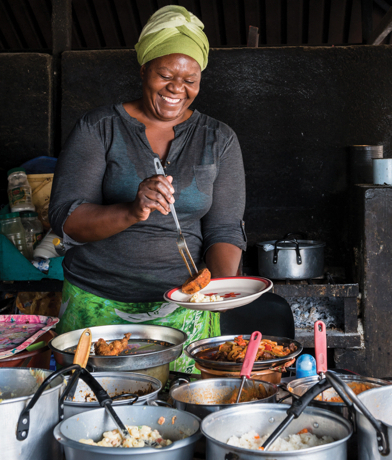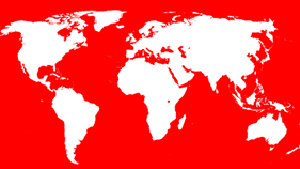Countries
Malawi, Zambia, Namibia
Local project partners:
Malawi: Lilongwe University of Agriculture and Natural Resources, Department of Agribusiness Management (LUANAR), Reserve Bank of Malawi (RBM)
Namibia: Ministry of Industrialisation and Trade (MIT)
Sambia: Bank of Zambia (BoZ)
German project partners:
Malawi: Sparkasse Schwaben-Bodensee
Namibia: Kreissparkasse Saarlouis
Zambia: Kreissparkasse Esslingen-Nürtingen
Donor
BMZ
Duration
01.08.2020 - 31.07.2026
Common to all project countries is a significantly unequal distribution of income and, in some cases, an explicit poverty problem. MSMEs suffer from a lack of access to financial services, also due to a lack of commercial knowledge. Their contribution to growth and employment suffers as a result. Environmental and sustainability issues are also becoming increasingly important in light of recent climate events.
The regional project contributes to strengthening the role of small agricultural and non-agricultural enterprises in terms of economic development and employment. To this end, the project aims to improve the skills and entrepreneurial abilities of entrepreneurs and thus improve their access to financial services. In the financial sector, including the supervisory bodies, educational opportunities in previously neglected areas of micro- and SME financing will be improved. New tools are being implemented with a business game for managing climate risks and solutions for financial institutions. Special focus is placed on strengthening the project partners as direct education providers and the sustainability of the offer. DSIK is a consulting partner in the formulation of government or public strategies and regulations.
Project Tasks
The project aims to improve commercial and entrepreneurial skills in small businesses. To this end, local intermediaries, institutions and trainers are being set up to actively communicate these topics. Financial and microfinance institutions are supported in improving the understanding and services for the target group. In terms of sustainability, the institutional and educational quality of the respective project partners is a cross-cutting theme of the project. Regional networking and the exchange of resources and knowledge also strengthen the sustainability of the results.


